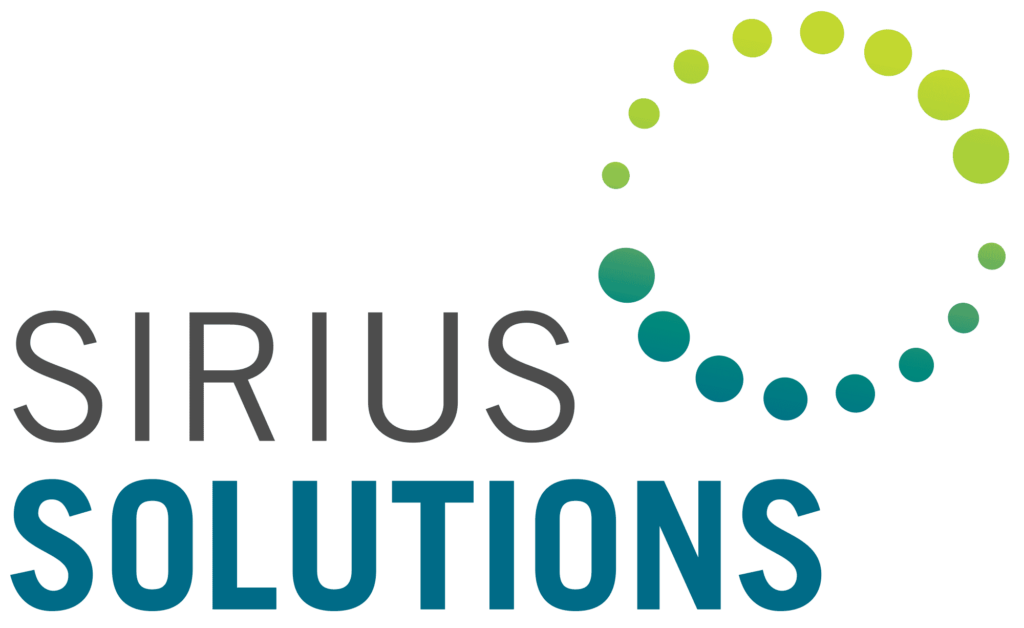Harnessing the Power of Salesforce Data Cloud

Salesforce CRM is a tool that wields immense power. Their expanded strategic partnership with Google Cloud aims to leverage AI, data, and customer relationship management (CRM), to enhance customer experience.
The companies have expounded upon this joint venture citing data sharing as the key to success. In light of Salesforce unveiling marketing and commerce GPT, there is set to be increased collaboration between Salesforce Data Cloud and Google BigQuery and an alliance between Salesforce Data Cloud and Google Cloud’s Vertex AI.
Maintaining amalgamated customer profiles affords organizations a competitive edge in constructing personalized customer experiences. Streamlining and merging this crucial area allows all the data to be stored in one place, enhancing governance and trust within the organization across all platforms and clouds.
Through this collaboration, organizations can bring their AI models from Vertex and utilize them across the Salesforce Platform. This modification of the model development process enhances the accuracy and efficiency of AI predictions and insights. Organizations now use data and AI to deliver more differentiated customer experiences. Also, it enables them to gain better insights into customer behavior and run more effective campaigns across marketing, sales, service, and commerce.
In the digitized world, the trick to success for any organization is to sell smarter, not harder. To effectively leverage Commerce GPT and Marketing GPT, brands must create a clean and unified data foundation. Salesforce recommends prioritizing the establishment of an actionable data foundation through Salesforce Data Cloud to maximize the potential of these AI models.
Salesforce showcased the power of recent enhancements in Data Cloud and Analytics at Connections. Marketers often face a significant data gap when creating a single customer view from disparate data sources. Data Cloud addresses this challenge by seamlessly ingesting data from various sources, including Marketing Cloud, CRM, Google Cloud, Amazon, Azure, or POS systems, with zero data movement.
It harmonizes and prepares the data in Data Spaces, allowing marketers to access a unified profile. This unified data is used in Commerce GPT and Marketing GPT to activate campaigns and personalize experiences across multiple channels, including websites, emails, chat, VIP concierge services, and platforms like Google, Facebook, and Amazon.
Data Cloud integrates with Tableau and provides marketing analytics, sales insights, and performance visualizations. It allows marketers to track outcomes such as email or media performance, customer lifetime value (LTV), and propensity to purchase. Data Cloud is available across every cloud, providing comprehensive data solutions.
Salesforce Data Cloud, formerly known as Salesforce DMP (Data Management Platform), is a powerful tool that enables organizations to harness the power of data for various business purposes. It provides a centralized platform to collect, manage, and activate data, helping organizations gain valuable insights and make data-driven decisions. A prime example of this is the organizational success of Salesforce SmartCost.
Some key features of employing the might of data with Salesforce Data Cloud include:
Salesforce Data Cloud allows organizations to collect and integrate data from various sources, such as customer interactions, website activity, marketing campaigns, and external data providers. By consolidating data from multiple touchpoints, a comprehensive view of customers and prospects is created.
Once the data is collected, Salesforce Data Cloud provides robust data management capabilities. It enables teams to organize and structure data in a meaningful and useful way for analysis. It allows creating custom data models, defining data attributes, and establishing relationships between different data sets.
Salesforce Data Cloud offers powerful analytics tools that allow financial leaders to uncover meaningful insights from vast amounts of data. It performs segmentation, profiling, and predictive analysis to understand customer behavior, identify trends, and make informed business decisions. These insights help optimize marketing campaigns, personalize customer experiences, and improve overall operational efficiency.
Salesforce Data Cloud activates data by integrating it with other Salesforce products, such as Sales Cloud, Service Cloud, and Marketing Cloud. By leveraging this integrated ecosystem, a personalized and targeted customer experience is delivered across multiple channels. For example, organizations create personalized email campaigns, tailored product recommendations, and customized service interactions based on customer preferences and behavior.
Salesforce Data Cloud places a strong emphasis on data privacy and compliance. It provides tools and features to ensure data management practices adhere to relevant regulations, such as GDPR (General Data Protection Regulation) and CCPA (California Consumer Privacy Act). It enables organizations to enforce data governance policies, manage consent preferences, and implement robust security measures to protect customer data.
Salesforce Data Cloud also offers a third-party data marketplace where trusted data providers discover and access additional data sets. This allows teams to augment existing data with external sources, enabling deeper insights and more targeted marketing initiatives.

Salesforce has revolutionized customer interactions with generative AI products. However, with the increasing prominence of AI, questions arise about trust, data privacy, and human involvement. Salesforce ensures AI models’ integrity and reliability by preventing customer data from co-mingling with other sources. The AI models include the Salesforce model, a brand’s custom model, or external models.
Furthermore, humans play a crucial role in guiding AI actions, and there is always human validation to ensure AI recommendations align with brand values and goals. Humans must also verify that the data used by AI models are correct, structured, and harmonized properly.
Trust is the foundation upon which AI systems must be built to gain acceptance and adoption by individuals and society as a whole. It entails ensuring that AI systems are reliable, ethical, and unbiased while being transparent about how they operate and make decisions. Transparency is essential to demystify the inner workings of AI algorithms, providing explanations and justifications for their actions. By promoting transparency, AI developers can build trust by allowing users and stakeholders to understand and scrutinize the system’s outputs.
However, achieving trust and transparency alone is insufficient; human involvement is equally important. Human oversight, guidance, and accountability are vital to ensure that AI systems align with human values, ethics, and legal frameworks. Human input helps address biases, mitigate risks, and ensure that AI systems are used responsibly and ethically. The active involvement of humans in the development, deployment, and decision-making processes surrounding AI reinforces trust, fosters responsible use, and ultimately leads to more beneficial outcomes for society.
One aspect of trust in AI systems revolves around their performance and accuracy. AI algorithms are trained on vast amounts of data, and their effectiveness is often measured through rigorous testing and validation processes. However, biases in data or flawed algorithms lead to biased or erroneous outcomes, which can erode trust.
Users should have insights into the inner workings of AI systems, understanding how decisions are made and what data is being used. Transparent AI systems enable users to assess the technology’s reliability, accountability, and potential biases. Efforts to increase transparency, such as explainable AI, are essential to building trust.
Ultimately, the trustworthiness of AI relies on the commitment of developers, organizations, and policymakers to prioritize ethics, transparency, and accountability. Open dialogue, collaboration, and regulation can contribute to building trustworthy AI systems. While AI is a powerful tool with great potential, it is essential to approach its deployment with caution, continuous evaluation, and a commitment to responsible use.
In collaboration with its strategic partnership with Google Cloud, Salesforce’s introduction of Marketing GPT and Commerce GPT signifies a significant step towards revolutionizing customer interactions through generative AI. These innovative products empower brands to deliver personalized experiences, automate manual processes, and leverage the power of data to drive better customer engagement and business success.
Harnessing the power of data with Salesforce Data Cloud offers unparalleled opportunities for businesses to unlock valuable insights, optimize operations, and drive meaningful customer experiences. By leveraging the extensive data ecosystem and advanced analytics capabilities provided by Salesforce, organizations gain a holistic view of their customers, markets, and trends. Integrating trusted and ethically sourced data enhances decision-making, personalization, and targeted marketing strategies.
The trustworthiness of artificial intelligence (AI) systems depends on various factors, including the design, development, and deployment processes, as well as the ethical considerations guiding their use. While AI systems have made significant advancements in recent years, it is essential to approach their trustworthiness with a critical mindset.
Salesforce’s commitment to data security, privacy, and compliance ensures financial leaders confidently navigate the evolving regulatory landscape. As data grows in volume and complexity, Salesforce Data Cloud empowers organizations to harness its potential while upholding trust, transparency, and responsible data usage. With the right tools and mindset, organizations unlock the full potential of their data and thrive in the digital age.
At Sirius Solutions, we value trust, transparency, and exceptional performance. We provide growing organizations and startups with simple solutions and help with the proper implementation to realize the desired results.
Disclaimer: The availability of specific features and dates mentioned in this blog may be subject to change. Please refer to official Salesforce announcements for the most up-to-date information.
